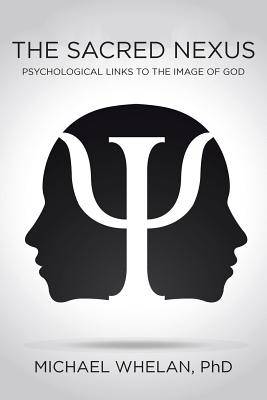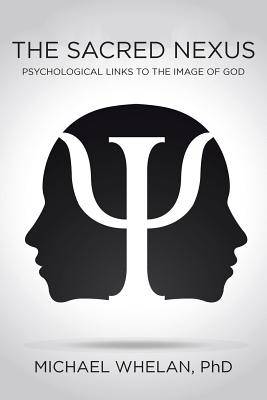
- Retrait gratuit dans votre magasin Club
- 7.000.000 titres dans notre catalogue
- Payer en toute sécurité
- Toujours un magasin près de chez vous
- Retrait gratuit dans votre magasin Club
- 7.000.0000 titres dans notre catalogue
- Payer en toute sécurité
- Toujours un magasin près de chez vous
Description
The first chapter of Genesis reports that human beings are created in God's own image, but since the blunder of Eve and Adam in the garden of Eden, tragic flaws have been apparent in our spiritual/psychological structure. Consequently, biblical stories abound with examples of spiritual failure. Eve and Adam were grossly disobedient to the authority of their Heavenly Father. Sibling rivalry would have been unusual for children of the first parents, but who would have predicted a family bond so conflicted that Cain would murder his brother Abel. Then there are the foibles of Simon Peter, the rock on whom Jesus would found a church so mighty that the gates of hell would never prevail against it, but Peter was so often fecklessly confused. Consider doubting Thomas succumbing to the demand for empirical proof and therefore experiencing the despair of faithlessness. Even the spiritual giant St. Paul could state, "I do not do the good I want but I do the evil I do not want" (Rom. 7:19).
The Sacred Nexus proposes that factual links exist between the spirit of the image of God and the principles of psychology. These connections help explain the human frailty displayed by biblical characters. Furthermore, psychological study examines the development of dysfunctional habituating behaviors, which possess the potential to destroy the spiritual qualities of God's creation. On the other hand, the linkage of psychology with the image of God may produce a relationship that can enhance the creation of Christ-like quality that God has commanded Christians to willfully produce. Ultimately, The Sacred Nexus exposes the consequences of our psychological/spiritual dilemmas by analyzing six sacred links that define the destiny of our immortal souls.
Spécifications
Parties prenantes
- Auteur(s) :
- Editeur:
Contenu
- Nombre de pages :
- 140
- Langue:
- Anglais
Caractéristiques
- EAN:
- 9781644164464
- Date de parution :
- 04-01-19
- Format:
- Livre broché
- Format numérique:
- Trade paperback (VS)
- Dimensions :
- 152 mm x 229 mm
- Poids :
- 213 g

Les avis
Nous publions uniquement les avis qui respectent les conditions requises. Consultez nos conditions pour les avis.






